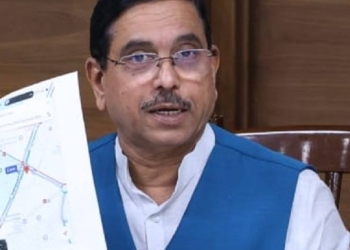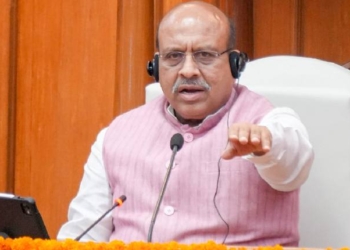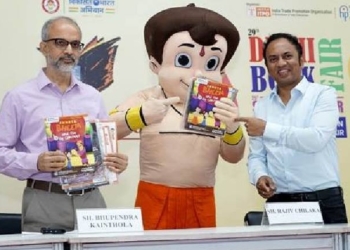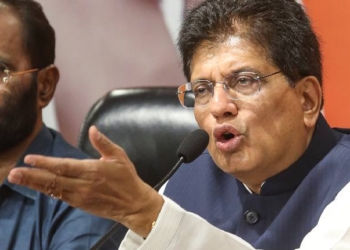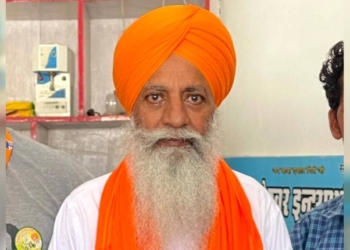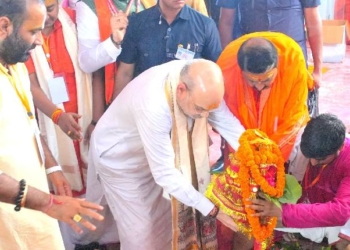New Delhi: Amid the Joshimath land subsidence crisis, Minister of State (Independent Charge) at Earth Sciences Ministry Jitendra Singh on Tuesday stressed on the need to devise mitigation strategies to minimise human consequences of natural disasters.
The minister made the remarks at the Joint Indo-UK Academic Workshop in Delhi, where the UK delegation was led by Christina Scott, British Deputy High Commissioner to India at the British High Commission in New Delhi.
Singh said that it is a providential coincidence that the Joint Geoscience Workshop on “Earth Hazards” is happening at a time when India is dealing with the Joshimath incident in Uttarakhand, where the Ministry of Earth Sciences is involved in addressing the issue along with other agencies.
The minister said, “Taking a cue from Prime Minister Narendra Modi, the Ministry of Earth Sciences has adopted pro-active stance and established 37 New Seismological Centers (Observatories) in the last two years and now India has 152 such centres for extensive observation facilities generating huge data base for outcome-oriented analytics.”
He noted that in next five years, 100 more such seismological centres will be opened across the country for improving the real time data monitoring and data collection. “India is moving closer to playing a critical role in seismological advancement and understanding,” Singh added.
The minister underlined that there is a critical need for fundamental research on the physical processes that lead to failure of the brittle layers beneath the crust and sub-crust, to develop low-cost solutions to identify and quantify the geo-hazards over the vast regions and devise mitigation strategies that are appropriate to widely varying – and rapidly evolving – political, social, and economic contexts.
He also said that scientific understanding of the processes behind disasters has grown immensely over the past 50 years, and there is a need for strengthening further international collaborations like the Indo-UK initiative to fight such disasters in future.
Scott in her remarks said that building resilience to geo-hazards presents a major challenge that requires collaborative international action by researchers, policymakers, governments, private sectors, and civil societies.
“In this context, the UK earth scientists may significantly contribute to the current understanding of tectonic activity and its relation to geo-hazards in India,” she added.
(IANS)




